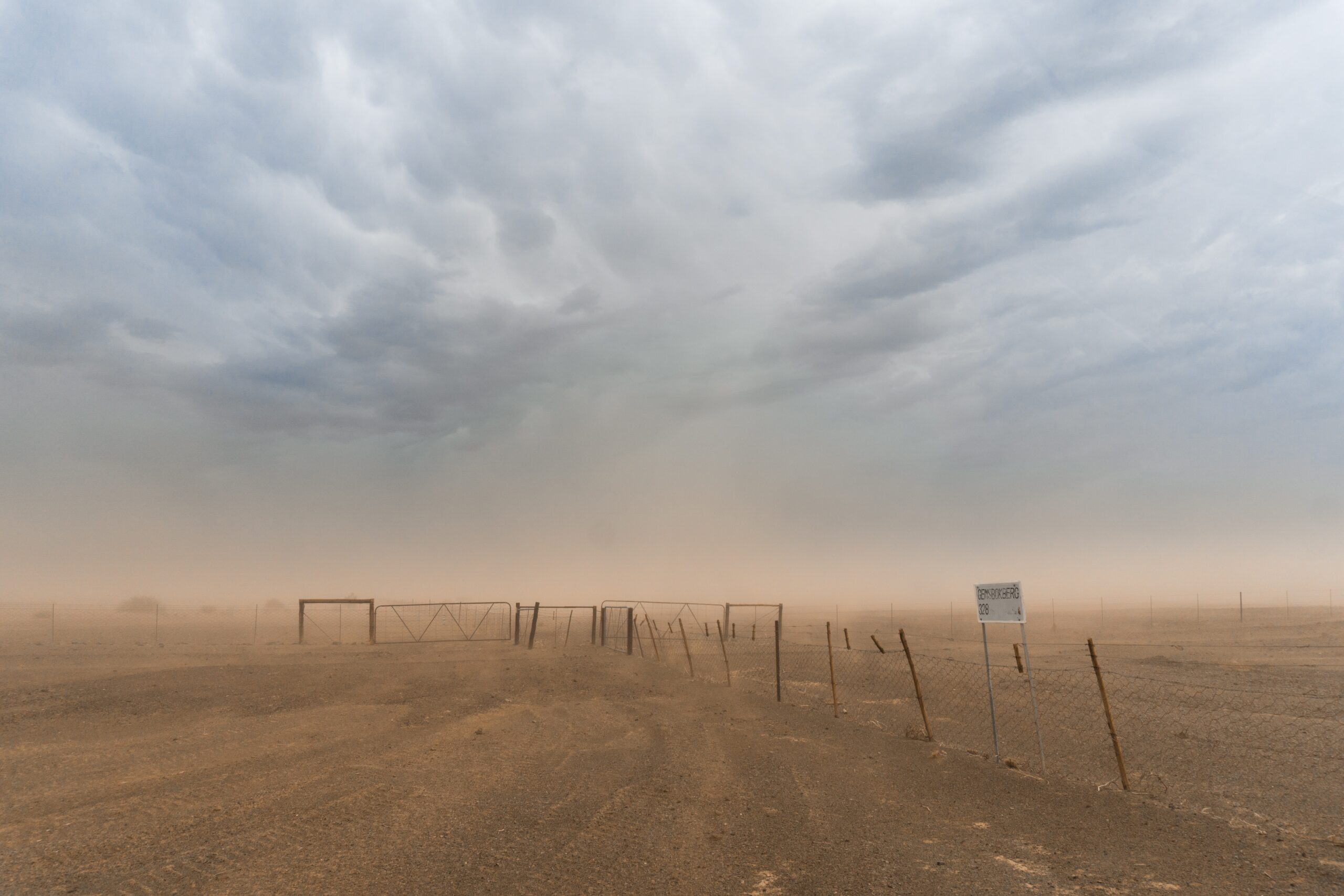Using two decades of data from twelve low-income countries in West Africa, we show that dust carried by harmattan trade winds increases infant and child mortality. Health investments respond to dust exposure, consistent with compensating behaviors. Despite these efforts, surviving children still exhibit negative health impacts. Our data allow us to investigate differential impacts over time and across countries. We find declining impacts over time, suggesting adaptation. Using national-level measures of macroeconomic conditions and health resources, we find suggestive evidence that both economic development and public health improvements have contributed to this adaptation, with health improvements playing a larger role.





